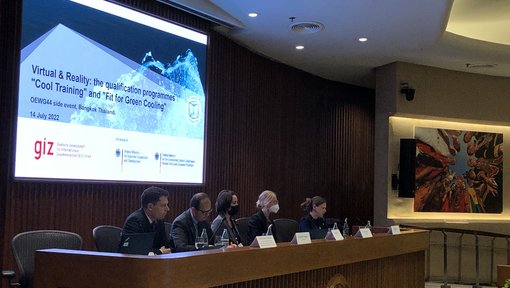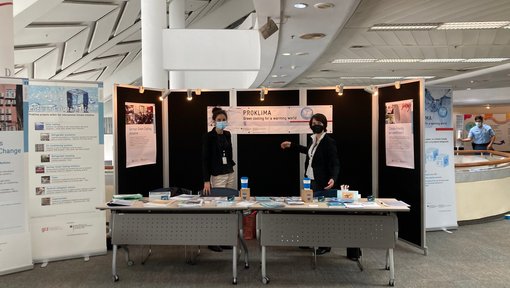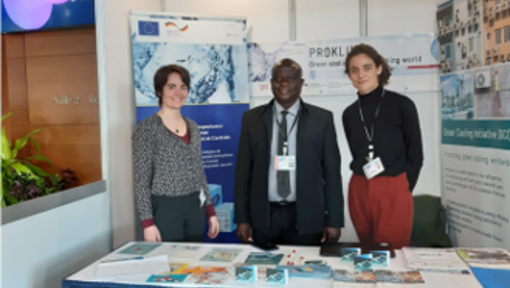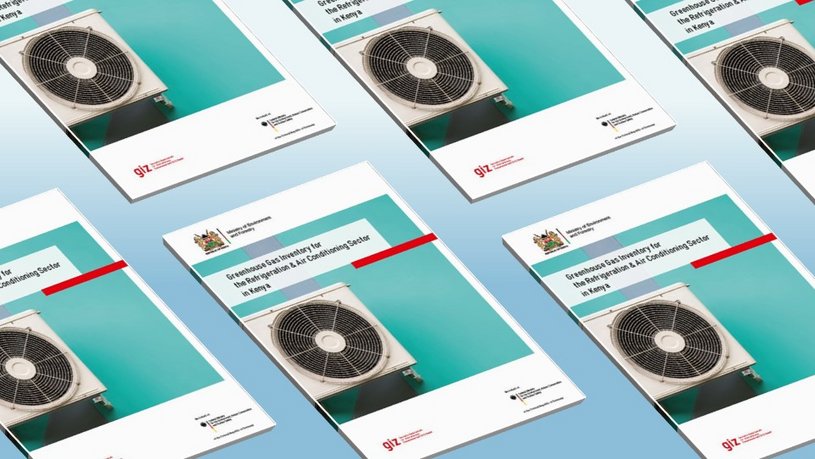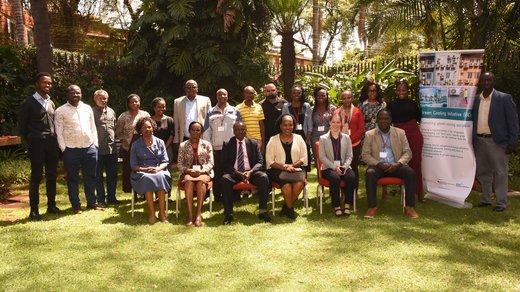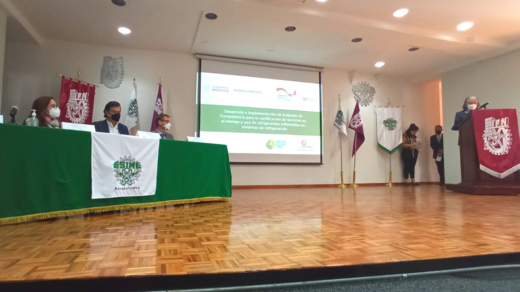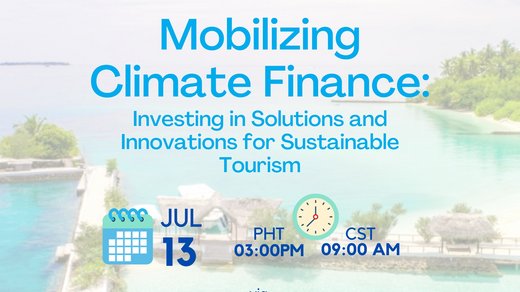This report contains the greenhouse gas inventory for the refrigeration and air conditioning (RAC) sector in Kenya.
RAC appliances are rapidly spreading across Africa. With an emerging middle class and an increasing population, the number of RAC appliances are estimated to more than double by 2030. This will contribute to increased energy needs in many African countries. An extensive GHG inventory of the RAC sector serves as a basis for recommendations on suitable technologies and policies to transform the market in terms of energy consumption and GHG emissions. Additionally, further project proposals can establish their impact calculations based on the foundation laid by this inventory.

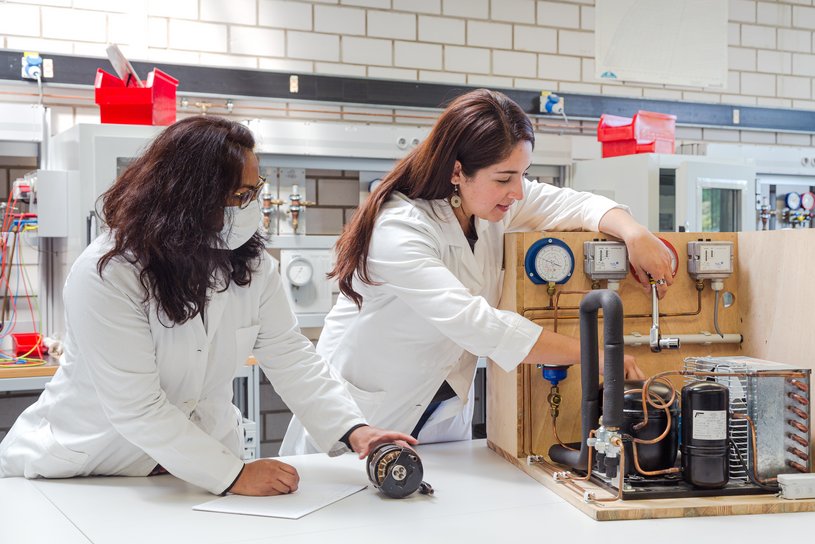 Image: giz / Andreas Döring
Image: giz / Andreas Döring